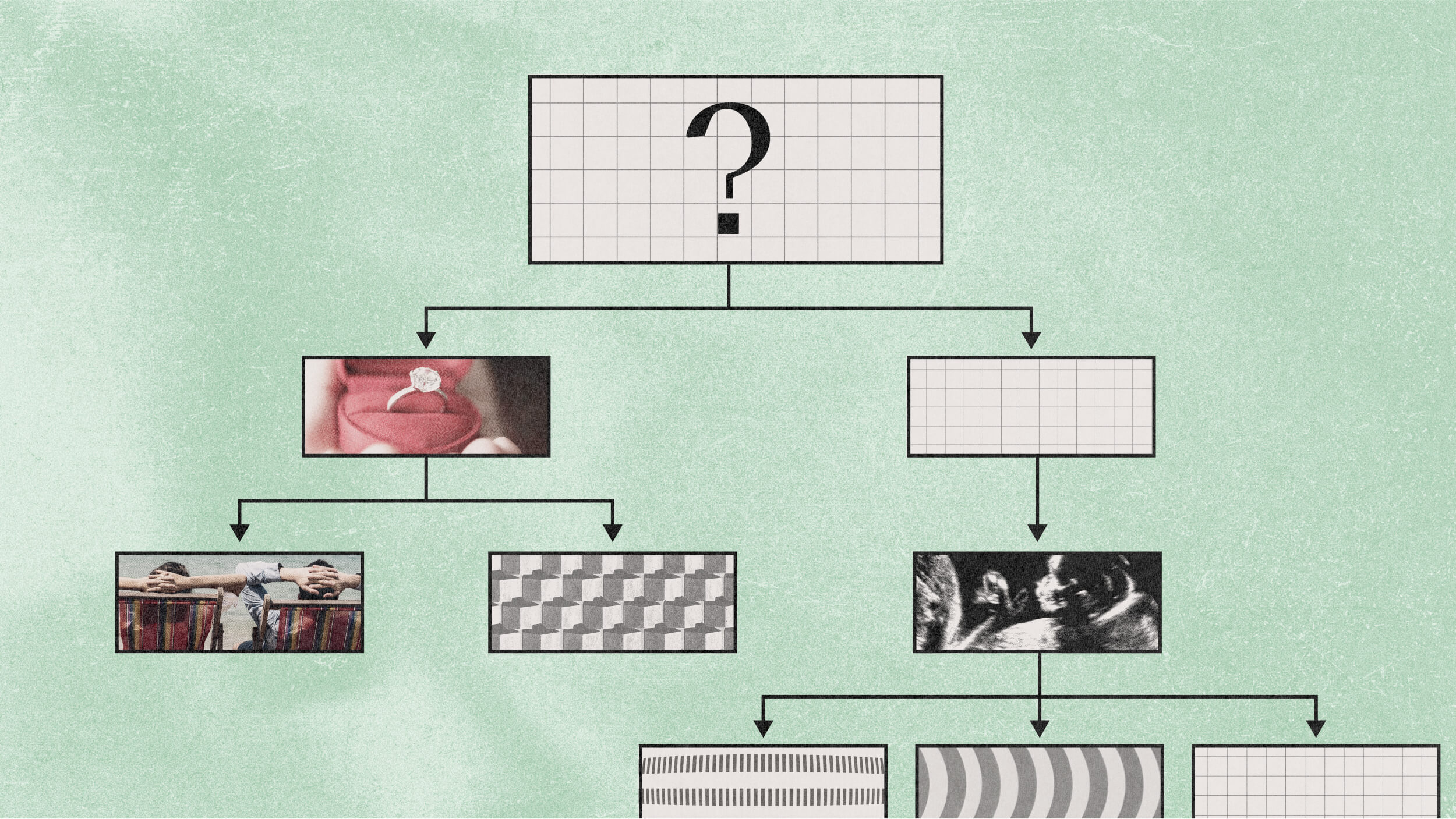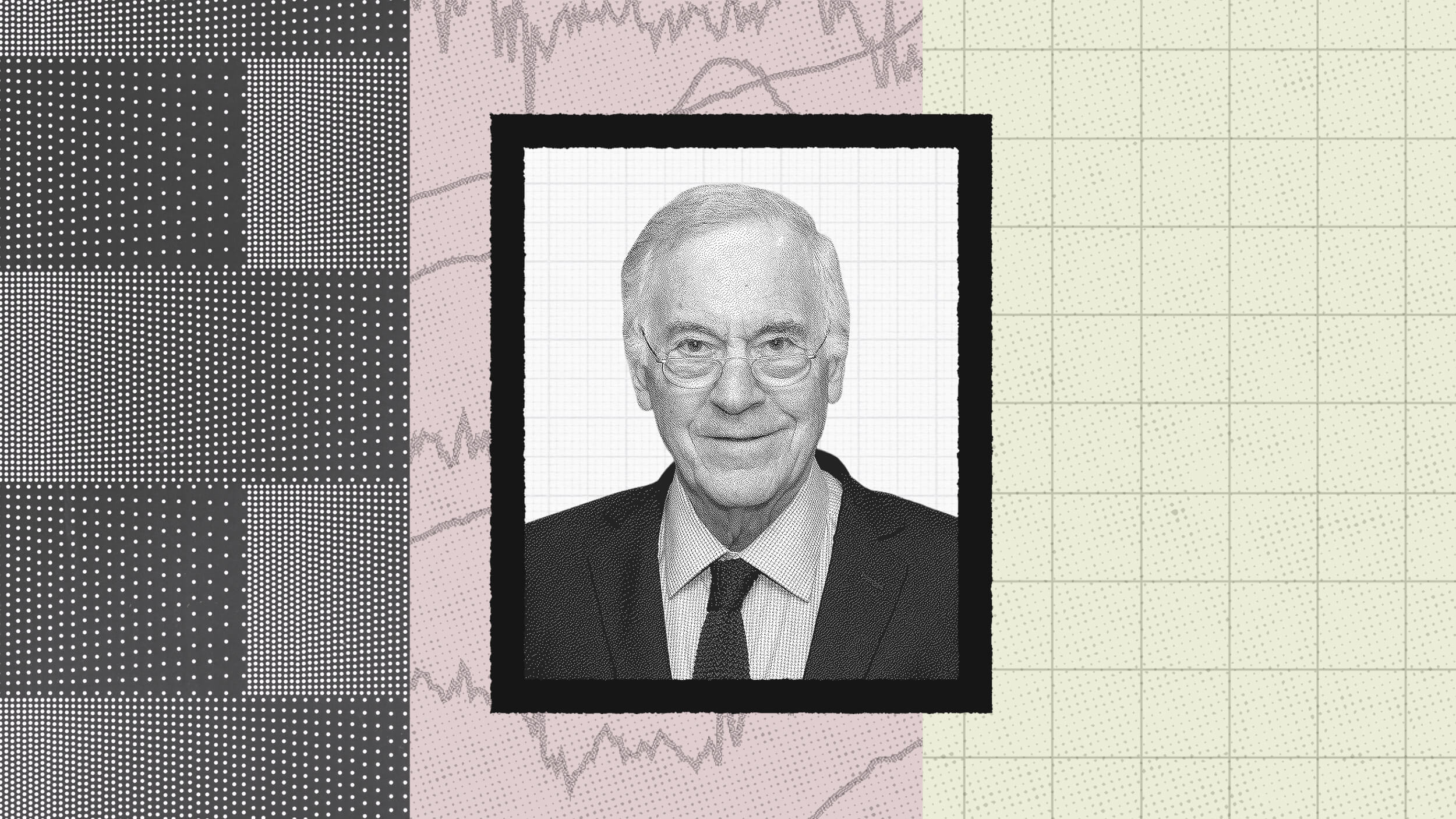The journalist explains the dysfunction that plagues Africa’s politics.
Question: What factors contribute to Africa’s development dilemma?
Richard Dowden: I don’t think there’s a single answer but the one that I think is the most important factor is, it’s the politics. To misquote Bill Clinton, it’s the politics, stupid. And that goes back to the colonial project. The way Africa’s societies, between 6 and 10,000 political units that existed pre-colonial times were carved up by outsiders, simply drawing lines on maps. Between Germany, France, Britain, saying, right, we’ll put the line there. Often dividing whole societies. And the states have got; Nigeria, for example, 400 languages, 400 separate languages and counting. And that’s what we’re talking about. Maybe as many or more centers of old political power. So it’s the overlay of these new states on old societies.
And those societies had no part in that creation at all. They were just created and then handed over to them. Suddenly, in the 1950s and ‘60s, you’re independent now, off you go.
And to think you can create a nation state like that, it was always madness. So it’s the evolution of those societies; it’ll take a lot of time. It’ll take generations for those nation states to create the sort of feeling of citizenship that Americans have or British people have
I think that’s the core of the failure of development.
Lots of countries going along nicely, suddenly, huge political upheaval, maybe even civil war, all destroyed. Everybody flees. The money shifts out. And I think that’s one.
And I think the other one, which is closely linked to it, is that Africa’s politics have fallen into the hands of elites, as the Nigerians have called them. These are a class of people who are pure business politicians. And business and politics go together in Africa. You cannot stand as a poor man.
I came across a wonderful example the other day, from Kenya. Where a man who cycled around on a bicycle, was trying to get himself elected, and the people just laughed at him. They say, “You’ve only got a bicycle, what can you do for us? We need a big man with a big car with money.” You know, that’s a politician.
There’s this is mentality, which, I think, has allowed a very small group of people to take over those countries politically but also economically.
And that’s why you have something like, I think the World Bank says, between 60 and 70% of Africa’s capital shifted out of the continent. It’s in banks in Europe and Asia, and maybe America as well. But these people just do what the colonialists did, which was suck the wealth out and shift it overseas.
And until that changes, that is until there’s a new generation or even a revolution that actually takes power back to African people, I think those problems of that lack of development will continue.
Question: What is the outlook for investing in development?
Richard Dowden: Why should we invest in Africa as outsiders, if African… the rich Africans don’t invest in Africa? And that’s been the case up until now. But I think it’s changing. There is African capital flowing back into Africa, not just from remittances, from African Diaspora living overseas. Twenty billion a year, until recently, not show which where it’s going to go now. But also, some of the big men who are very, very rich men indeed are beginning to say, actually, maybe I can invest in Nigeria and do better than I can by investing in New York or in Switzerland or somewhere like that.
Recorded: March 16, 2009





